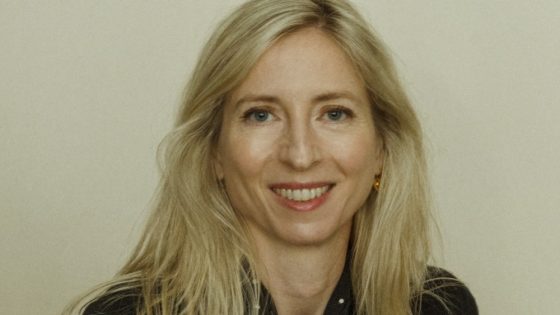By Mahmoud Issa
GAZA (Reuters) – Braving the constant threat of airstrikes and bombings, 15-year-old Youssef Saad, a Gazan oud player, rides his bicycle through the war-ravaged streets of northern Gaza’s Jabalia refugee camp, his instrument strapped to his back.
Saad sings for children who have endured daily horrors in 11 months of conflict, trying to offer them a little joy or distraction.
“The homes in my city were once full of dreams,” Saad said, gazing at the rubble of the decades-old urban refugee camp, which before the war was built-up and heavily populated.
“Now, they’re gone,” he says.
Saad was studying at the Edward Said National Conservatory of Music in nearby Gaza City before it was reduced to ruins in the war that has devastated much of the enclave.
Now, living with relatives after his own home was destroyed, he is one of five siblings whose futures have been upended.
His father, a government employee with the Palestinian Authority, always supported Saad’s dream of becoming a musician.
But now, Saad’s focus has shifted. He spends his days at a Jabalia day centre, playing his oud and singing for children traumatized by war.
The latest bloodshed in the decades-old Israeli-Palestinian conflict was triggered on Oct. 7 when Palestinian Islamist group Hamas attacked Israel, killing 1,200 and taking about 250 hostages, according to Israeli tallies.
Israel’s subsequent assault on Hamas-governed Gaza has since killed more than 40,800 Palestinians, according to the Hamas-run health ministry, displaced almost the entire population and laid the besieged enclave to waste.
“Every house holds a tragedy,” Saad said. “Some have lost their mother, others their father, their neighbour, or their friend.”
Despite the danger, Saad is determined to continue his mission.
“We try to help improve their mental health, even if it means putting myself at risk,” he said. “This is my duty to the children.”
And he refuses to give up on his dreams for the future: “We, the children of Palestine, strive to stay resilient, even in the face of genocide.”
Saad says he lives by a saying that carries him through the darkest days: “If you live, live free, or die standing like trees.”
(Writing by Tala Ramadan; Editing by Ros Russell)
Source Agencies

